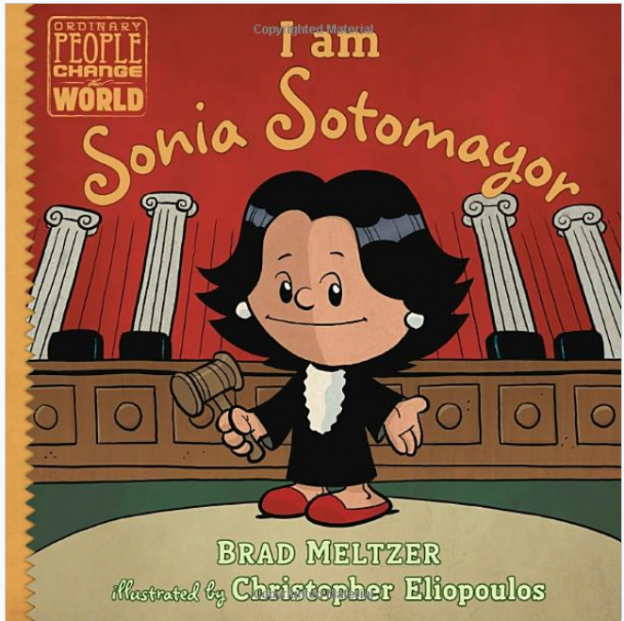Following the death notice are a few apropos excerpts from my “Mad Dog Sneddon Vs. Michael Jackson,” one of the few trenchant defenses of Michael Jackson, written at the time of his trial. Michael J. was accused of molesting a big hairy “child,” three times the size of the frail singer.*
“Michael suffered a cardiac arrest earlier this afternoon at his Holmby Hills home and paramedics were unable to revive him. We’re told when paramedics arrived Jackson had no pulse and they never got a pulse back.”
Now Keith Olbermann eulogizes Jackson, but back in 2005, “Olbermann, expecting a prosecutorial touchdown, aired a rather cruel segment on his consistently cruel ‘Countdown With Keith O.’ The segment was called ‘Prepping for the Pokey.’ In that bit of “comedy,” the awful Olbermann “pondered how Jackson would fit his prosthetic proboscis in jail.”
“The only man (Jon Stewart disappointed),” other than yours truly, “to have distinguished himself from the pack was Geraldo Rivera. The Fox News reporter conceded Jackson’s conduct was creepy and said as much (as did I). But he understood that creepy is not necessarily criminal.”
* “Mad Dog’ Sneddon Vs. Michael Jackson” was rejected for publication by a leading libertarian website. Much to the proprietor’s disgrace, the rejection was based on a dislike for the column’s author.
Speaking of whom, if you appreciate her work, please support it. And do visit WND on Fridays for the weekly column. If not for those courageous evangelicals, the cultists in mainstream media and among my own ideological faction would have seen me banished from larger audiences for good.
Update I: “Thriller” was undoubtedly a musical triumph, Jackson’s only one, perhaps. The Jackson of that era had achieved a good look in his life-long plastic-surgery odyssey. The songs were very tight, accompanied by enormous talent: Eddie Van Halen played guitar on the song “Beat It,” and Steve Lukather, studio musician from Toto, did guitars on the remainder. It was an exciting, polished effort, with a hard-core manly sound, attributable to the guitar greats cited. (Here is another one worth a listen.)
Update II (June 27): ARRESTED DEVELOPMENT. At the time a 911 call was placed from the Jackson home, Dr. Conrad Murray, Jackson’s cardiologist, had been performing CPR on the already dead MJ for the better part of an hour. If that doesn’t strike the medical profession (the media is even less inclined to think critically) as odd, perhaps the position chosen to administer the life-saving procedure will: the singer was splayed on a bed.
Now, a CPR recipient has to be lain on a hard surface — “because it is difficult to compress the chest on a soft surface.” How can you deliver an awakening thump to the heart on a surface that gives?
Yet it was the 911 operator that had to tell “the staffer to ‘get him on the floor,'” a message the latter presumably conveyed to the inept doctor.
What is it about these celebrities that makes them seek out such incompetence in their care-givers? If you recall, Anna Nicole Smith too was surrounded by an incompetent team of husband and wife nurses at the time she died.
Kanye West’s mother died under the knife of a trendy plastic surgeon. West was celebrated as a woman of some intelligence, yet she appeared to have chosen a surgeon based on his celebrity. “Dr. Jan Adams, who is being investigated by the state medical board, has been the target of malpractice lawsuits and has paid out nearly $500,000 in civil settlements.”
The fact that Adams happened to also be an Oprah-endorsed Brother might have contributed to his appeal to the late Mrs. West.
Dare I suggest the following? The common thread in the specter of wealthy celebrities choosing manifestly incompetent care givers is their own patently low intelligence.

